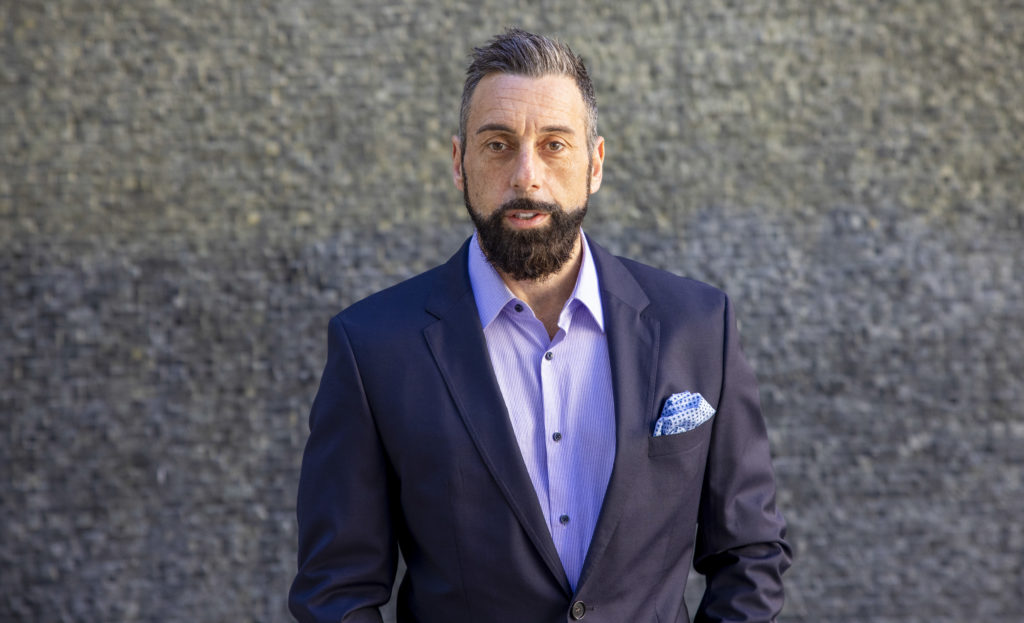FinTech
Thought Leaders in Financial Technology: Diversyfund CEO Craig Cecilio (Part 1)

The Jobs Act has introduced the notion of democratization in investing. The issue is not as simple as it sounds. There are lots of gaps in doing this safely.
Sramana Mitra: Let’s start by introducing our audience to yourself as well as to the company.
>>>Thought Leaders in Financial Technology: Evgen Verzun, CEO of Kaizen Finance (Part 2)
Sramana Mitra: You work through incubators and accelerators.
Evgen Verzun: Yes. They come to us through the network. Somehow, they reach investors, right? These investors already have a successful experience with Kaizen. Investors refer us. Investors use us as crisis managers. It’s like, “We have a great project, but they have a huge problem.” We jump in and solve it. It’s tough, but we can do it very fast. It’s small pieces of the puzzle that we can put together.
Sramana Mitra: How many such customers do you have?
>>>Thought Leaders in Financial Technology: Evgen Verzun, CEO of Kaizen Finance (Part 1)

Ukrainian serial entrepreneur Evgen Verzun discusses the cesspool of Cyber Security problems within the Crypto space.
Sramana Mitra: Let’s start by introducing our audience to yourself as well as to the company.
>>>Thought Leader in Financial Technology: DealMaker CEO Rebecca Kacaba (Part 5)
Sramana Mitra: I think this is a valuable discussion for people trying to understand equity crowdfunding. There need to be guard rails to protect consumers. I have seen what happened in the dot com crash. A lot of people got completely creamed out.
Rebecca Kacaba: Those were public stocks, generally en masse.
Sramana Mitra: Everything. There were public stocks and there were these friends and family investors. This is still happening. It’s not like it’s not happening still. People have dreams of making money off of startups.
>>>Thought Leader in Financial Technology: DealMaker CEO Rebecca Kacaba (Part 4)
Rebecca Kacaba: Equity crowdfunding limits the amount you can invest. It’s in proportion to what your income is. I don’t fundamentally believe that, because you don’t meet an income threshold, you should not have a right to make an investment. The amount that they can invest caps how much they can lose. I think what you’re saying is because doctors make a lot of money, they know how to invest. That’s not necessarily true.
Sramana Mitra: I’m not saying that. That doctor is a customer of the product that Modernizing Medicine is selling. They have a visceral understanding of what that business is because they are the customers.
>>>Thought Leader in Financial Technology: DealMaker CEO Rebecca Kacaba (Part 3)
Sramana Mitra: How many companies are raising funds on your platform right now?
Rebecca Kacaba: Between 30 and 40 new companies every month and over $1.6 billion in capital transacted through the platform.
Sramana Mitra: Are there any stage and sector trends?
Rebecca Kacaba: Usually, we’ll see a good amount of technology, real estate, and anything that’s going the Wall Street trend. Food tech is an interesting emerging space.
>>>Thought Leader in Financial Technology: DealMaker CEO Rebecca Kacaba (Part 2)
Sramana Mitra: What is your business model?
Rebecca Kacaba: We charge technology fees – setup, monthly, and transactional. We are very aligned with our clients. They can pay as they raise capital. We’re not asking them for a big upfront payment. We make money as they make money.
Sramana Mitra: You take a percentage of the transaction?
Rebecca Kacaba: Yes, under our broker-dealer model. In other ways, they pay after they close capital.
>>>Thought Leaders in Financial Technology: Sankaet Pathak, CEO of Synapse (Part 3)
Sramana Mitra: Given your vantage point, what open problems do you see out there? Not just ones you are working on but things that other entrepreneurs can work on.
Sankaet Pathak: There are a couple of problems that are infrastructure-focused. Then there is one thing that is more consumer-focused that I feel somebody should work on. On the infrastructure side, getting really good at risk and credit underwriting at a global scale is an open opportunity. Nobody is doing a phenomenal job on that.
>>>